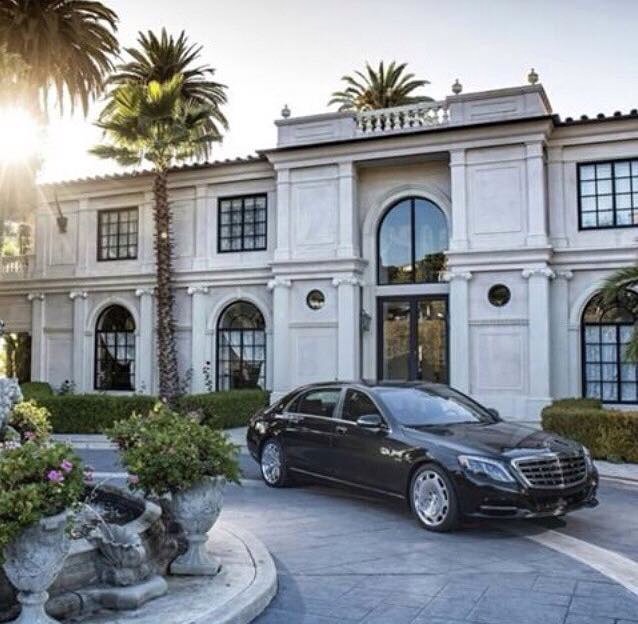GLAMOUR #MindyKaling
One evening last year, I was onstage at a Q&A in Manhattan hosted by a magazine to discuss my life and career. This was one of those fancy events where ticket prices are high, and there’s wine and cheese beforehand, and cocktails, but no real meal is served at any point. It made you wish you had just shushed the naysayers and brought three hot little sliders in your clutch to nibble at opportune moments. No one else seemed to mind the lack of food, though, because the theater was packed, primarily with an older, mostly white crowd.

I was very tired. I had filmed a full week on the show, traveled on a red-eye from Los Angeles, done press all day, and arrived at the theater. It would be the last hurdle before I could go back to my hotel, take off my pants, and eat a room-service club sandwich while I watched syndicated reruns of The Big Bang Theory. Sheldon’s sweet bazinga! would lull me to sleep, as is always my preference.
At the end of the interview, the moderator opened the floor to the audience. I noticed that the small group of people who lined up to ask me questions looked very different from the majority of the crowd. They were mostly young women of color. After a few people went, a young Indian girl stepped forward to take the microphone. She looked about fifteen, and not only out of place in that crowd but also a little young to be asking a question in front of such a big audience. I think she felt it, too, because I could see from the stage that she was shaking. After a moment of nervous silence, she asked, “Mindy, where do you get your confidence? Because I feel like I used to have it when I was younger but now I don’t.”
Context is so important. If this question had been asked by a white man, I might actually have been offended, because the subtext of it would have been completely different. When an adult white man asks me “Where do you get your confidence?” the tacit assumption behind it is: “Because you don’t look like a person who should have any confidence. You’re not white, you’re not a man, and you’re not thin or conventionally attractive. How were you able to overlook these obvious shortcomings to feel confident?”
Read more

